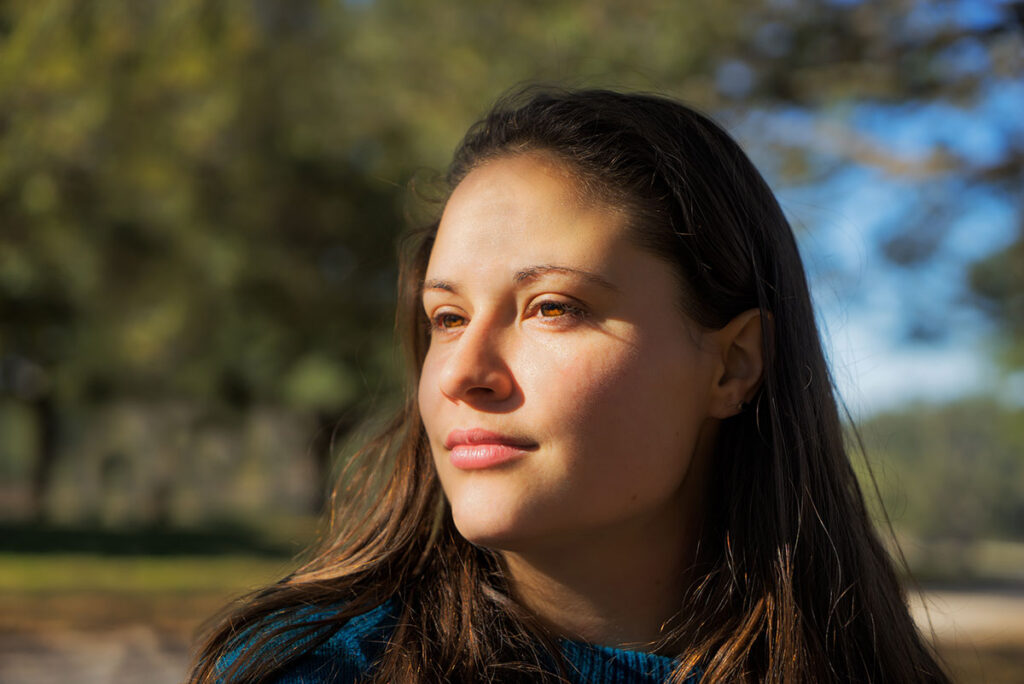Depression is widespread in the United States, with millions of people affected by this mental health condition. Between 2020 and 2023, nearly one in 10 Americans reported experiencing depression, according to data from the U.S. Centers for Disease Control and Prevention (CDC).1 There are several types of depression, from major depressive disorder (MDD) to seasonal affective disorder (SAD), bipolar disorder, and atypical depression. The latter resembles MDD but includes distinct features that set it apart.
The Ranch PA welcomes people who are struggling with depression and want to enroll in a depression treatment program. We offer a range of comprehensive treatment programs, including residential care, outpatient services, medical detox, and other supportive options designed to meet your needs. We’ll develop a close relationship with you and create a customizable treatment program that fits your schedule and needs. You’ll work with a professional therapist and your peers in group and private therapy sessions, where you’ll develop several healthy coping skills and a better understanding of depression.
What is atypical depression?
Despite its name, atypical depression isn’t that uncommon. Some studies suggest that around 40% of people with depression have atypical depression. It’s characterized by sleeping too much, eating more, or gaining weight, being extra sensitive to rejection, and feeling mentally heavy or sad—people with atypical depression often first experience depressive symptoms early on in their lives.
Causes of atypical depression
How does this type of depression start? While the exact cause is unknown, certain things can increase your risk of getting it. These include:
- A family history of depression
- A major life change, such as sudden death, job change, divorce, or separation
- Conflicts with others
- Feeling guilty
- Physical, sexual, or emotional abuse
- Serious illnesses
If you believe you are depressed and want to talk to someone about your feelings, there are treatment programs available that can help.
Treatment for atypical depression
There are different types of treatment programs available that can support your recovery. These include:
- Medical detox
- Residential treatment program
- Partial hospitalization program (PHP)
- Intensive outpatient program (IOP)
- Aftercare programs
When you enroll in a depression treatment program, therapists will develop a comprehensive program based on your unique symptoms and personal triggers. You’ll work with a professional therapist who can use cognitive-behavioral therapy (CBT), dialectical behavior therapy (DBT), family therapy, and other beneficial approaches.
What are the signs of depression?
Depression is a common mental health condition. It’s so common that the World Health Organization (WHO) estimates that over 280 million people around the world are living with depression, with symptoms that can last for several days, weeks, and months.
Emotional and cognitive signs
Depression can cause several mental health symptoms that include feeling persistently sad or having a low mood, loss of interest or pleasure in favorite activities, and feelings of hopelessness and worthlessness. They’ll also experience:
- Excessive guilt
- Irritability
- Difficulty concentrating
- Suicidal thoughts
If symptoms continue to worsen, it can lead to anxiety, heart disease, and diabetes. It can also cause unemployment, financial hardships, and relationship troubles that negatively affect your life.
Physical signs
People with atypical depression will experience fatigue and low energy, changes in their sleeping habits, and changes in the way they eat and their appetite. It can also cause problems with moving or speaking and cause unexplained physical aches and pains, like headaches, muscle pain, and stomach problems.
Behavioral signs
These signs of depression are more challenging to recognize than others and take a keen eye to notice. A person with atypical depression will withdraw from social circles and isolate themselves, which will only make things worse. They’ll begin neglecting their work, school, or personal responsibilities, which will likely lead to a substance use disorder (SUD). Many people will try to feel better with drugs and alcohol without realizing the harm they are causing. Before they know it, they are dealing with a co-occurring disorder that is more complex to treat.
When should you seek help?
How do you know when you need a depression treatment program? If symptoms of atypical depression last for more than a few weeks, it’s a sign that you can benefit from a treatment program. If you’re unable to keep up with work, school, or personal responsibilities or are experiencing self-harm or suicidal thoughts and ideations, you should seek out help immediately.
If you or someone you know is struggling with thoughts of suicide, the Suicide and Crisis Lifeline is available 24/7 at 988.
Enroll in our depression treatment program today at The Ranch PA
Recovery Ranch PA welcomes Pennsylvanian residents who have developed atypical depression or other types of depression. We tailor our depression treatment program to meet your unique needs and address the specific reasons that brought you here. We offer both residential and outpatient options, utilizing proven therapeutic approaches to address and treat your depression effectively.
If you’re experiencing symptoms of atypical depression and want to speak to someone about getting help, fill out our online form or call 717.969.9126 today to schedule a consultation.
Footnote:

